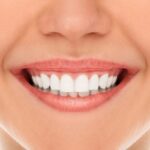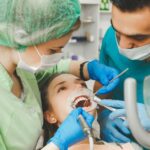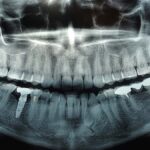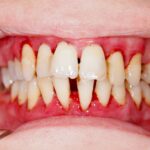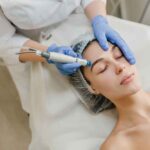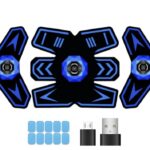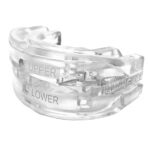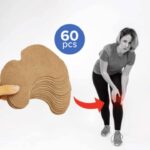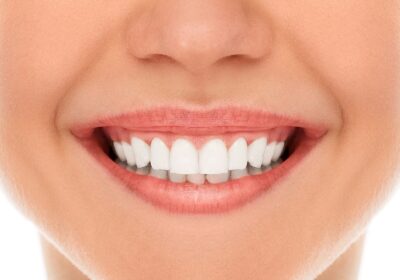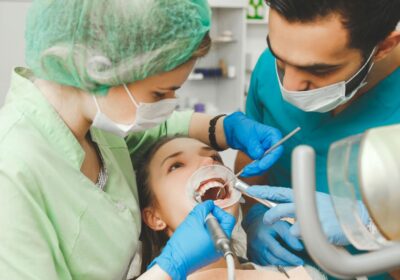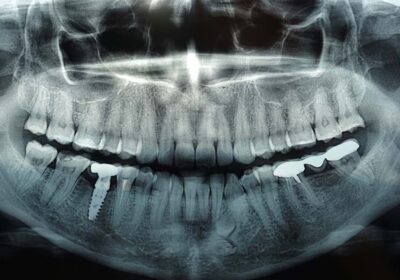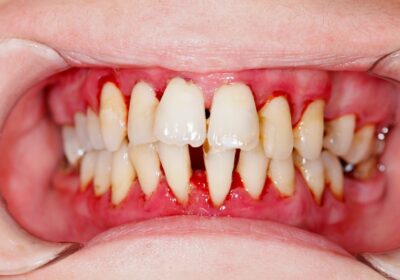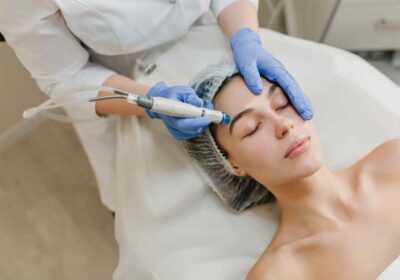
Finding the Right Acne Solution in Singapore’s Top Clinics
Looking for effective acne treatment in Singapore? Wondering where to find the best solutions for clearer, healthier skin? Discover top-notch acne treatments tailored to your needs right here. Say goodbye to stubborn breakouts and hello to radiant skin with expert care and cutting-edge solutions. Ready to achieve that flawless complexion you’ve always dreamed of?
What Causes Acne
Hormonal Changes
Hormonal changes play a significant role in acne development, especially during puberty or menstruation. These changes can stimulate the sebaceous glands to produce excess oil, leading to clogged pores.
Genetics Influence
Genetics also contribute to acne, with a higher likelihood of experiencing breakouts if it runs in the family. Inherited genes can influence how the skin produces oil and how prone it is to inflammation.
Excess Oil Production
The overproduction of oil by the sebaceous glands can mix with dead skin cells, forming a plug that blocks hair follicles. This environment becomes ideal for bacteria growth, resulting in various types of acne like blackheads and pimples.
Bacteria and Inflammation
When bacteria called Propionibacterium acnes thrive in these clogged pores, they trigger an inflammatory response from the body’s immune system. This leads to redness, swelling, and pus-filled lesions commonly seen in severe or cystic acne cases.
Ways To Prevent Acne
Consistent Skincare
Maintaining healthy skin requires a consistent skincare regimen tailored to your skin type. Cleansing the face twice daily helps unclog pores, preventing whiteheads and reducing excess oil production.
Balanced Diet and Hydration
A balanced diet rich in fruits, vegetables, and whole grains promotes radiant skin. Drinking an adequate amount of water daily keeps the skin hydrated, supporting its natural healing process.
Avoid Touching Face
Excessive touching of the face transfers bacteria from your hands to your skin, leading to breakouts. Minimize touching your face throughout the day to prevent acne flare-ups.
Different Non-Surgical Treatments For Acne
Topical Treatments
Topical treatments such as retinoids and benzoyl peroxide are highly effective in managing acne. These medications work by unclogging pores, reducing inflammation, and preventing new acne formation. They are commonly prescribed by dermatologists for mild to moderate acne cases.
Oral Medications
In more severe cases, dermatologists may recommend oral medications like antibiotics or hormonal therapy. Antibiotics help reduce bacteria on the skin and inflammation, while hormonal therapy regulates hormone levels that can contribute to acne development. It’s crucial to follow the prescribed dosage and duration for optimal results.
Alternative Therapies
For those seeking alternative options, light therapy and chemical peels have shown promising results in treating acne. Light therapy targets bacteria that cause acne inflammation, while chemical peels exfoliate the skin, unclog pores, and reduce oil production. These therapies are often used in conjunction with other treatments for comprehensive acne management.
How To Find The Best Solutions For Acne
Consult Dermatologist
When dealing with acne, it’s crucial to consult a dermatologist for a personalized acne treatment plan. They can assess your individual skin concerns and tailor a treatment plan that addresses your specific needs.
Compare Products
To find the best solutions for acne, consider comparing different over-the-counter products. Look at the active ingredients in each product and how they target acne. Some common ingredients include benzoyl peroxide, salicylic acid, and sulfur.
Consider Skin Type
When choosing an acne treatment in Singapore, take into account factors like your skin type and the severity of your acne. Not all treatments work the same for everyone; what works for one person may not work for another. A personalized approach is key to achieving effective results.
Managing Acne Scars
Types of Scars
Acne scars come in two main types: atrophic and hypertrophic. Atrophic scars create indentations on the skin, while hypertrophic scars result in raised tissue.
Atrophic scars are further categorized into icepick, boxcar, and rolling scars based on their appearance. Icepick scars are narrow, boxcar scars have sharp edges, and rolling scars create a wavy texture.
Treatment Options
Laser therapy is effective for resurfacing the skin and reducing scar visibility. Microneedling stimulates collagen production to improve skin texture, while dermal fillers help plump up depressed areas.
Each treatment option varies in effectiveness depending on the type of acne scar present. Consulting with a dermatologist is crucial to determine the most suitable approach for scar management.
Importance of Sun Protection
Preventing further damage to acne-prone skin is vital. Sun exposure can worsen scarring by causing pigmentation changes and delaying healing processes.
Applying a broad-spectrum sunscreen with an SPF of 30 or higher daily can shield the skin from harmful UV rays, reducing the risk of additional damage to acne-affected areas.
Final Remarks
In your quest for clear skin, understanding the causes of acne and implementing preventive measures can significantly impact your journey. Exploring non-surgical treatments and effective solutions tailored to your needs is crucial. Remember, managing acne scars is equally vital for a comprehensive approach to skincare. Take charge of your skin health by staying informed and proactive in seeking the best treatments available.
Don’t hesitate to consult with skincare professionals to find personalized solutions that work for you. Your commitment to consistent care and treatment will pave the way for healthier, radiant skin. Embrace the process, stay patient, and trust that with the right approach, achieving clear skin is within reach.

